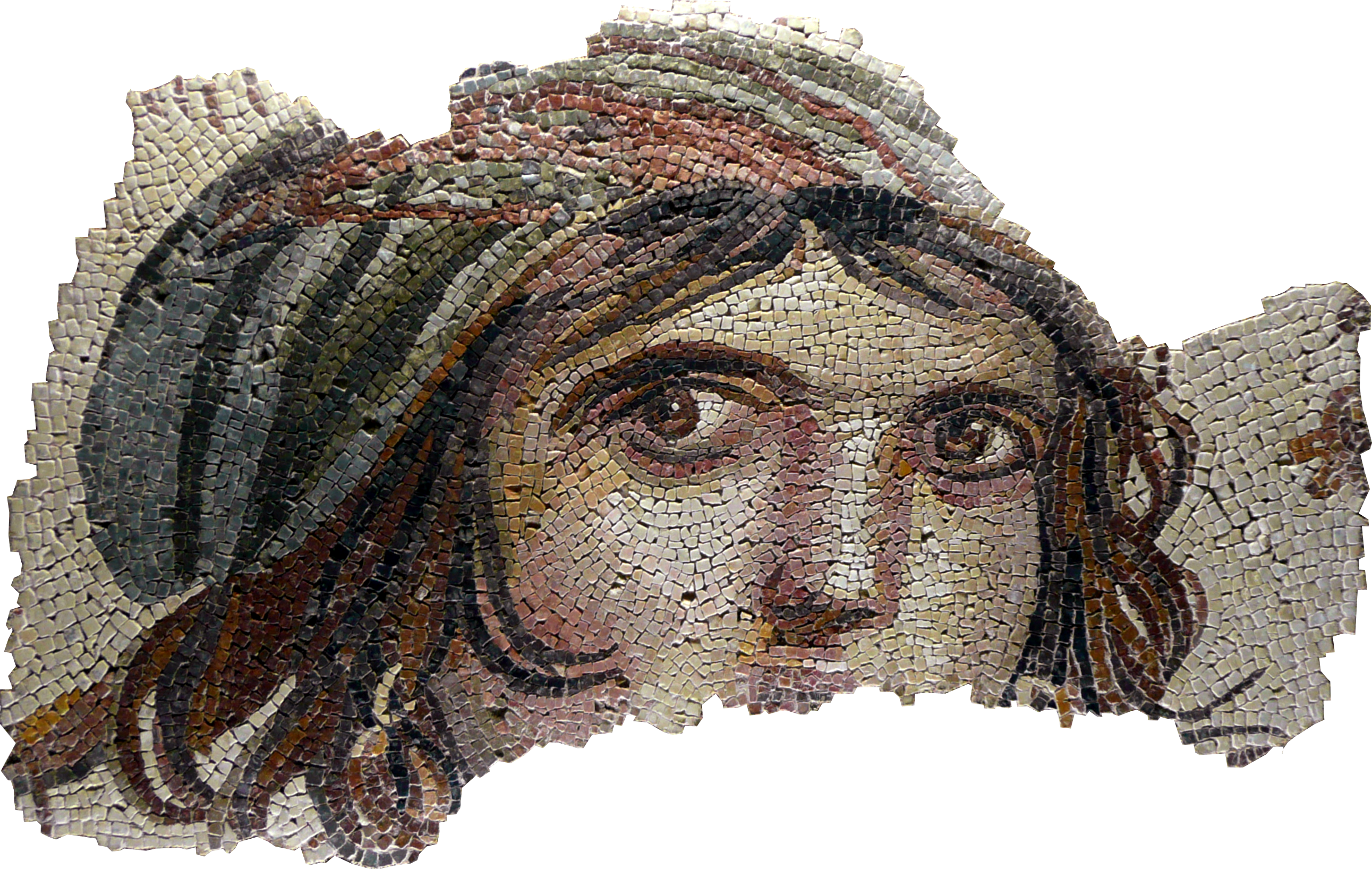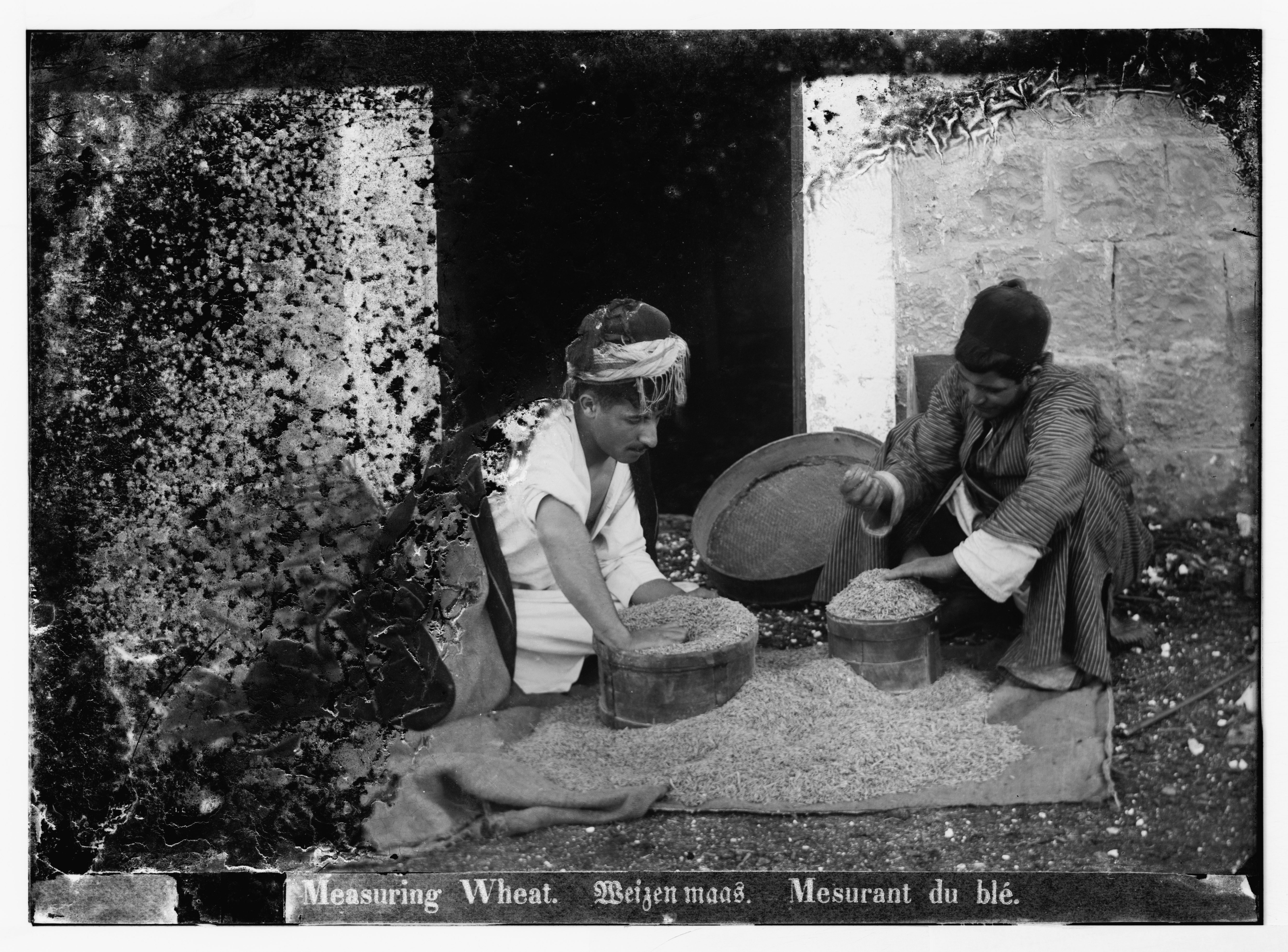Lenten Sunday4 C (31 Mar 2016)
Homily of Fr. Paul Panaretos, S.J.
Met on the Road and at Home
“Mission is never the fruit of a perfectly planned program or a well-organized manual. Mission is always the fruit of a life which knows what it is to be found and healed, encountered and forgiven. Mission is born of a constant experience of God’s merciful anointing.”1 Pope Francis said that as he canonized a saint of the Americas. His words also describe for us the dynamic of today’s well-known parable.
_-_James_Tissot.jpg) Well-known does not always mean well understood. An informal survey among us could reveal different understandings of the purpose for the feast. Take a moment to decide its purpose. || The parable offers three reasons to celebrate. The compassionate father offered the first: Let us eat and celebrate; for this, my son, was dead, and has come back to life again; he was lost, and has been found.
Well-known does not always mean well understood. An informal survey among us could reveal different understandings of the purpose for the feast. Take a moment to decide its purpose. || The parable offers three reasons to celebrate. The compassionate father offered the first: Let us eat and celebrate; for this, my son, was dead, and has come back to life again; he was lost, and has been found.
A neighbourhood boy—translated as servant, but they were all busy preparing a lavish feast; and the word also means child—offered the elder son the second reason: Your brother has come, and your father has killed the fattened calf, because he received him back in peace. In peace, someone may ask? The bible Jesus and the apostles knew had been translated into Greek. The word translated as safe and sound translated the Hebrew word shalom in some traveling narratives.2 Shalom means completeness which is far more than safe and sound. An altar in Palestine was named the Eternal One is Peace3; and the Eternal God is more and offers more than physical health.
The elder son raged at their father with his definition: He refused to recognize his brother and accused him of more than reckless living; he raged, When this son of yours came, who has consumed your estate with prostitutes, you killed the fattened calf for him!’ For him is a very different reason than the compassionate father and the neighbourhood boy offered. The father celebrated so the town could rejoice at his success at finding his son. The one who rejected his compassionate love threw himself into it. The neighbourhood boy knew the peace had been restored to father and younger son. In fact a Middle Eastern father would normally be stern and not compassionate, demanding and not forgiving of an insult to drop dead—give me now the share of my inheritance.
By likening himself to a “motherly father”4 Jesus was letting the Pharisees and their scribes know that God’s ways are not human ways5; his eating with sinners was Jesus catching sight of them and running to them; going out and pleading with them.
Catching sight…and running was how the father exercised compassion for the younger son. Going out and pleading was how the father exercised compassion for the elder son. Do we recognize ourselves as individuals God hastens to meet and accompany with compassion? What is our response to divine compassion? Do we let go our self-help schemes and fall into God’s compassion and let it restore us? Do we injure our relationship with God by slaving for God rather than loving God by loving others and welcoming God’s tender love?
Younger son, elder son: neither one enjoyed a filial rela-tionship with their father. One wanted it all on his terms; one also rejected love and lived as a slave. One intimately acquainted with Jesus’ parable put it crisply:
“Grace is not only amazing; for certain types it is infuriating, and [the elder son] is one of those types.”6
Lent allows us to discover which type we are and to meet Jesus on the road of his compassionate love.
In your daily 15 minutes with Jesus this week
- Allow our triune God to reach us and meet us.
- Ask Mary and the saints to present you to Jesus.
- Chat with him: praise him for dying and rising for us; thank him for giving us this Lent so we may meet him anew and find our true selves.
- Ask him for grace to draw near to Jesus and celebrate his joy by how we choose and live.
- Close saying slowly the Lord’s Prayer. Its phrases, your kingdom come, your will be done, express a desire not to grasp greedily nor flee Jesus’ loving care; and a desire to extend ourselves to others when we feel uncomfortable or embarrassed to do so.
___________
- From his Homily, Canonization of Blessed Fr. Junípero Serra.
- Moses in LXX Exodus 4.18; David sending young men on a mission in LXX 1Samuel 25.6 (twice). Dr. Ken Bailey mentioned this translation of shalom in his study of this parable.
- Judges 6.24.
- Phrase of Dr. Ken Bailey from his video series on this parable.
- Isaiah 55.8-9; Ezekiel 18.29; Malachi 2.9.
- Dr. Ken Bailey, Prodigal Son Parable: Part 4 at 4:08.
Link to this homily’s Spiritual Exercise
___________
Wiki-images Return of the Prodigal Son PD-US; Guelph2017-99 © Damian Doyle, used with permission.

_-_James_Tissot.jpg)




